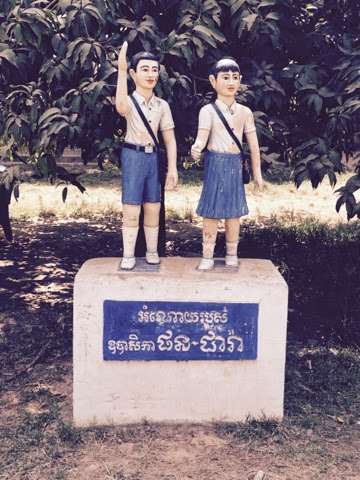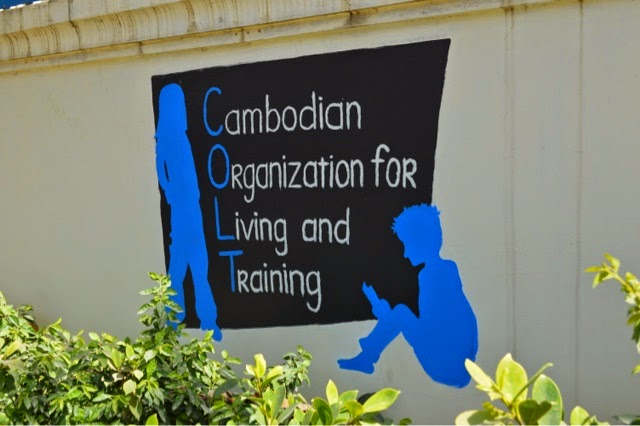Weary, yet fulfilled, today was our final day of treating patients. We rose early at 4:30 and headed southwest for about 1.5 hours close to where we were yesterday. I remember this village from last year. Leaving the highway, we headed down a dirt road that eventually brought us to a large monastery. Last year we worked while monks chanted over a loud speaker, celebrating a festival. It was enchanting and eerie at the same time.
This year the monastery was quiet, but the roads were as narrow as I remembered, and all the houses sitting on stilts provided an obvious indication of the floods that come during monsoon season.
Our numbers were low compared to yesterday. A little over 100 children examined, and the percentages requiring treatment were in line with the previous week.
But the slower day gave me time to gather my thoughts and reflect on the week. First let me share something that I learned on this trip. It's called a "contribution". I have mentioned in previous posts that no matter how poor the kids are (with the exception of orphanage children), all the kids have money tucked into their shirt pocket. We had always assumed this was for candy, and we were partially correct. What we didn't know is the rest of the money goes to the teacher. Without this payment, the children aren't taught, don't take tests and instead they are virtually ignored. And this should come as no surprise, all power in this country is often bought, and once the power is achieved, the payback begins.
But at the same time, this trip reaffirmed my confidence and respect for the Cambodian people. They are kind, peaceful and, as Budhists are known to do, they accept their fate. And as such, life has not been fair to them.
Life is changing here, many large international corporations have discovered the abundance of cheap labor in this country. And there appears to be an emerging middle class.
As I sit in a quiet village,where large coconut palms cast shadows over the thatched huts while cows wander freely on dirt roads, I am left to wonder if the villagers who leave for the city or take jobs in the sweat shops are really improving their lives by earning a higher wage? Many people will live their whole life in this village, well fed and surrounded and supported by friends and family. Is moving into the middle class really a step up here?
But this is not for us to judge. As I heard from Stella, who runs several NGOs, "just when you think that you have Cambodia figured out, it takes everything that you'd expect and turns it upside down." And I couldn't agree more.
All for now. Goodye from Cambodia.


















































